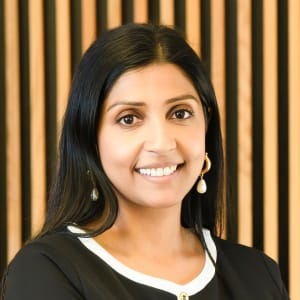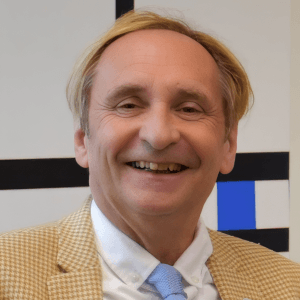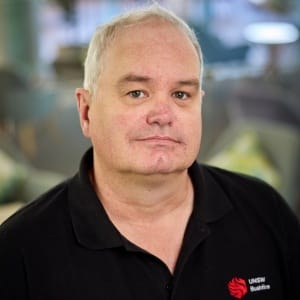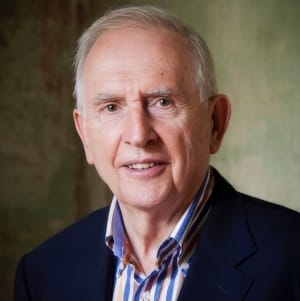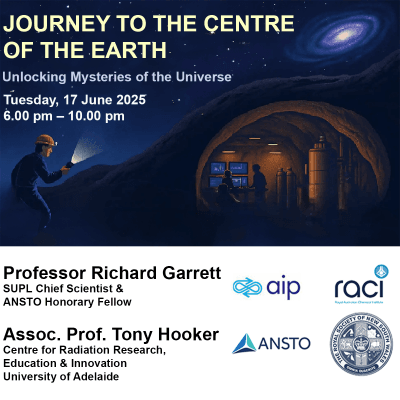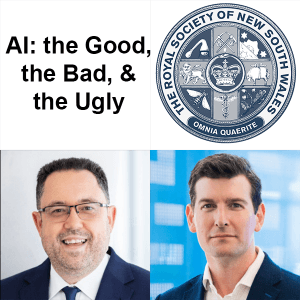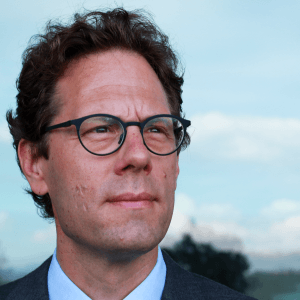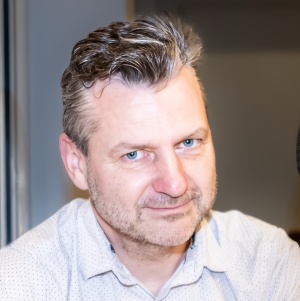
 “Physicians as public intellectuals: Indonesian
“Physicians as public intellectuals: Indonesian
physicians in the Dutch East Indies”
Professor Hans Pols FRSN
Head, School of History and Philosophy of Science
University of Sydney
Date: Wednesday 4 September 2019, 6 pm for 6.30
Venue: Gallery Room, State Library of NSW
Through their studies, their medical practice, and their participation in the Association of Indonesian Physicians, Indonesian physicians in the Dutch East Indies developed and articulated a strong professional identity. The promises of modern medicine were important elements of this professional identity and motivated these physicians to develop critical perspectives on colonial society. They participated in social and cultural movements, and became members of city councils and the colonial parliament, wrote in newspapers frequently, and published magazines. In this paper, he discusses the social and political engagement of several generations of Indonesian physicians. At various times, they criticised traditional culture, advocated public health measures and increases in funding for health, criticised income disparities between Indonesian and European physicians, criticised traditional culture or embraced it as a model for an alternate modernity for Indonesia. During the process of decolonisation, they transformed colonial medicine into a modern approach to maintain health, inspired by examples and connections all over the world.
This presentation is based on Hans Pols book Nurturing Indonesia: Medicine and Decolonisation in the Dutch East Indies, which was published by Cambridge University Press in 2018.
Hans Pols FRNS is Professor and Head of School of the School of History and Philosophy of Science at the University of Sydney. His research focuses on the history of medicine in the Dutch East Indies.
Three Minute Thesis (3MT) talk
Imagine, there is something wrong with your skin – it has no hairs, no pores, no blood vessels, you cannot even sweat to bring your temperature down. That’s what happened on the scar tissues on burn patients. Burns are global health issues and life changing events. The main goal of my PhD project is to construct artificial skin substitutes to address the issue of skin substitute shortage, as well as exploring how to minimize scar formation, eventually improving the quality of life.
This month’s presentation is by Miss Lingzhi Kang, a final year PhD students at the University of Wollongong. She is working on “Biofabricated platforms for wound healing and skin regeneration” supervised by Distinguished Professor Gordon Wallace. Lingzhi is the 2019 People’s Choice Winner of Three Minute Thesis at the University of Wollongong. She obtained her master degree at Shandong University doing research on vascular regeneration & tissue engineering and bachelor degree of Biomedical Engineering at Beijing Institute of Technology, Beijing, China.
| Date: | Wednesday, 04 September 2019, 01:48 AM |
| Venue: | |
| Entry: | |
In Person Event
All are Welcome

